SimulaTIon in MUltiscaLe physicAl and biological sysTEms (STIMULATE)
 |
The overall goal of the project is to deliver an interdisciplinary European Joint Doctorate (EJD) program in computational science, which educates students to best address the challenges posed by exascale computing and data-intensive science, producing computational science professionals strategically positioned to become leaders in both academia and industry. |
The main objectives of the program are the following:
- Deliver an innovative educational program, which intertwines exascale computing and data methodologies with specific applications in a way that the fellows receive an interdisciplinary background as well as acquire the required depth in their application areas.
- Design innovative interdisciplinary research projects that use simulation and data science as their underlying methodology so that every single Ph.D. research project involves close co-supervision by experts from three degree awarding institutions bringing complementary expertise beyond that of a single institution.
- Bridge the gap between academia and industry by designing the Ph.D. projects to have direct links to industry with secondments of students to one of the three industrial partners related to their research themes.
- Contribute to the transformative transition in using simulation and data science to drive scientific breakthroughs across the fields of CFD, Computational Biology and lattice QCD.
- Promote pan-European doctoral structures in a multi-disciplinary field of research leveraging excellence across academic institutions in Europe by delivering a multi-disciplinary curriculum and research program.
- Disseminate the capabilities enabled by simulation and data science and the results of the project.
Overview
This training network addresses Europe’s need to adopt a new educational strategy for fostering excellence in computational and data science leveraging EU initiatives for high performance computing (HPC) and data infrastructures such as PRACE and EUDAT. Recently the European Commission has launched new initiatives to address the data challenges such as the European Data Infrastructure (EDI) to enable Europe to improve its competitiveness on data-intensive research. STIMULATE is envisioned to complement these initiatives on the educational side by designing a doctoral training and research program for early stage researchers (ESRs). It builds on interdisciplinarity and multi-institutional engagement to deliver innovative research projects that utilize simulation and data methodologies, which potentially can lead to breakthroughs in its areas of focus. It addresses the challenges of future computers with emerging exascale architectures, which will not simply be a thousand times faster as compared to today’s petascale architectures, but it will also require a disruptive change in the computing methodologies. The ability to produce and process vast amounts of data, complemented by the development of technologies like data analytics and machine learning, have so far not been fully exploited in scientific and engineering applications. The aim of this proposal is to integrate new data methodologies within the novel high performance computing technologies in the scientific domains of focus, exploiting synergies among them.
Focus
STIMULATE focuses on three thematic application domains each of which brings important training elements:
Computational Fluid Dynamics involves extremely diversified multiscale algorithms. In this project, we will target a series of CFD challenges involving modern Eulerian and Lagrangian algorithms based on pseudospectral, finite elements and/or Lattice Boltzmann methods (LBM) able to handle, on one side, brute force massively parallel computations and, on the other side, the conceptual/numerical modelling of complex flows in complex fluids.
Fundamental Particle and Nuclear Physics and, in particular, Lattice Quantum Chromodynamics (QCD) involve advanced Monte Carlo (MC) methods and algorithms for fast linear solvers that need to evolve to exascale. The research projects designed in this program will develop new algorithms that minimize data movement rather than floating-point operations, which was the challenge up to now, introduce scalable data analysis and study novel applications to physics beyond the standard model.
Computational biology involves multilevel modeling that needs advanced simulation tools and methodologies to integrate data10 and in particular the data about the molecular events governing neuronal function and dysfunction.
Integrating these topics with Mathematical modelling and algorithms for exascale simulations and data-intensive science provides an ideal research environment to rigorously train young scientists.
The ESR projects address complex multiscale systems, such as turbulence, innovative simulations for neurodegenerative diseases, and fundamental physics questions such as unravelling the structure of dark matter in the universe and probing new physics. STIMULATE engages eight institutions in four EU and associated countries while three additional academic and three non-academic partners will complement the research and training. The content of the courses and the workshops of STIMULATE will be adapted for the CyI training portal to provide online training material for the network and wider communities beyond the lifetime of the project.
STIMULATE programme - Read More

